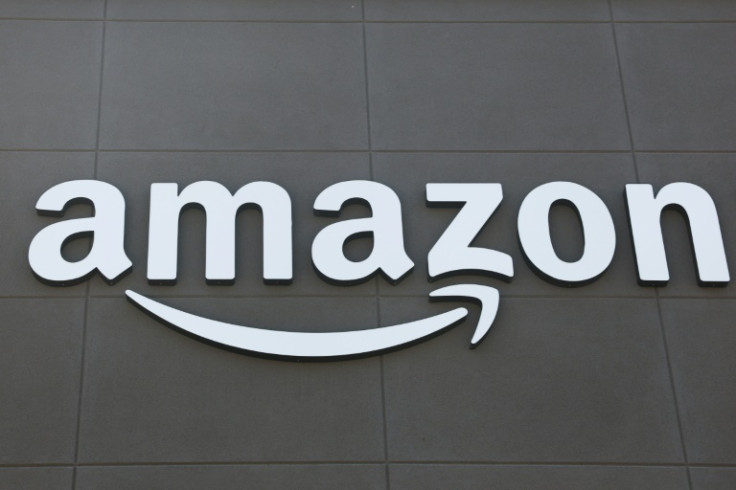Amazon To Pay $2.5 Bn To Settle Prime Enrollment Case

Amazon agreed Thursday to pay $2.5 billion to settle allegations from a US regulator that it used deceptive practices to enroll consumers in Amazon Prime and made it difficult to cancel subscriptions.
The Federal Trade Commission's lawsuit, filed in federal court in Seattle, alleged that Amazon knowingly tricked consumers into signing up for the $139-per-year Prime service during checkouts.
"Today, we are putting billions of dollars back into Americans' pockets, and making sure Amazon never does this again," FTC Chairman Andrew Ferguson said in a statement.
The FTC, under the leadership of President Donald Trump, "is committed to fighting back when companies try to cheat ordinary Americans out of their hard-earned pay," he added.
In a statement, Amazon said the company "and our executives have always followed the law and this settlement allows us to move forward and focus on innovating for customers."
The online retail giant, which admitted no wrongdoing in the settlement, added that it worked "incredibly hard to make it clear and simple for customers to both sign up for or cancel their Prime membership and to offer substantial value for our many millions of loyal Prime members around the world."
Amazon will pay $1.5 billion into a consumer fund for refunds and $1 billion in civil penalties.
The case centered on two main allegations: that Amazon enrolled customers without clear consent through confusing checkout processes, and that it created a deliberately complex cancellation system internally nicknamed "Iliad" -- after Homer's epic about the long, arduous Trojan War.
The FTC alleged that Amazon's checkout process forced customers to navigate confusing interfaces where declining Prime membership required finding small, inconspicuous links -- while signing up for the service used prominent buttons.
Crucial information about Prime's price and automatic renewal was often hidden or disclosed in fine print, the FTC also alleged.
Under the settlement, made on what would have been the third day of testimony in front of a jury, Amazon must reform its Prime enrollment and cancellation processes.
This includes introducing a clear option for customers to decline Prime membership, and refraining from vague or indirect references like "no thanks, I don't want free shipping."
The company must also implement new disclosure requirements before charging consumers and always disclose the price and auto-renewal feature on the Prime sign-up page.
Amazon said many of these changes have already been made.
A top FTC official who brought the case under the previous Biden administration said Amazon and the executives named in the lawsuit got off easy with the settlement.
"A $2.5 billion fine is a drop in the bucket for Amazon and, no doubt, a big relief for the executives who knowingly harmed their customers," said former FTC chair Lina Khan.
Critics maintained that the agreement came after it became clear that Amazon was on the defensive in the proceedings.
In a pre-trial defeat, the court ruled last week that Amazon Prime subscriptions are subject to consumer protection laws and that Amazon had illegally obtained consumers' billing information before fully disclosing subscription terms.
The case is part of a volley of lawsuits launched in recent years in a bipartisan effort to rein in the power of US tech giants after years of government complacency.
© Copyright AFP 2025. All rights reserved.




















